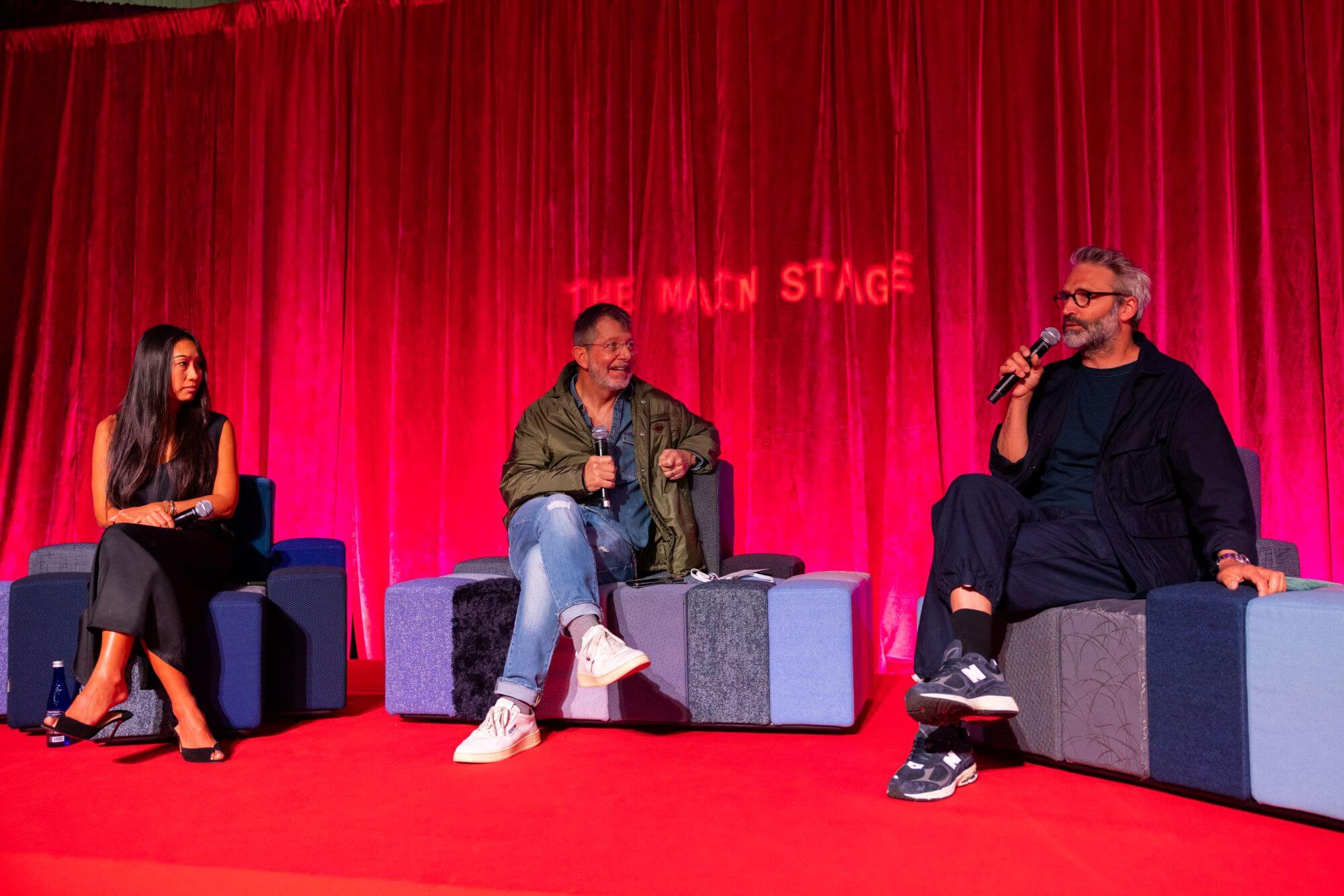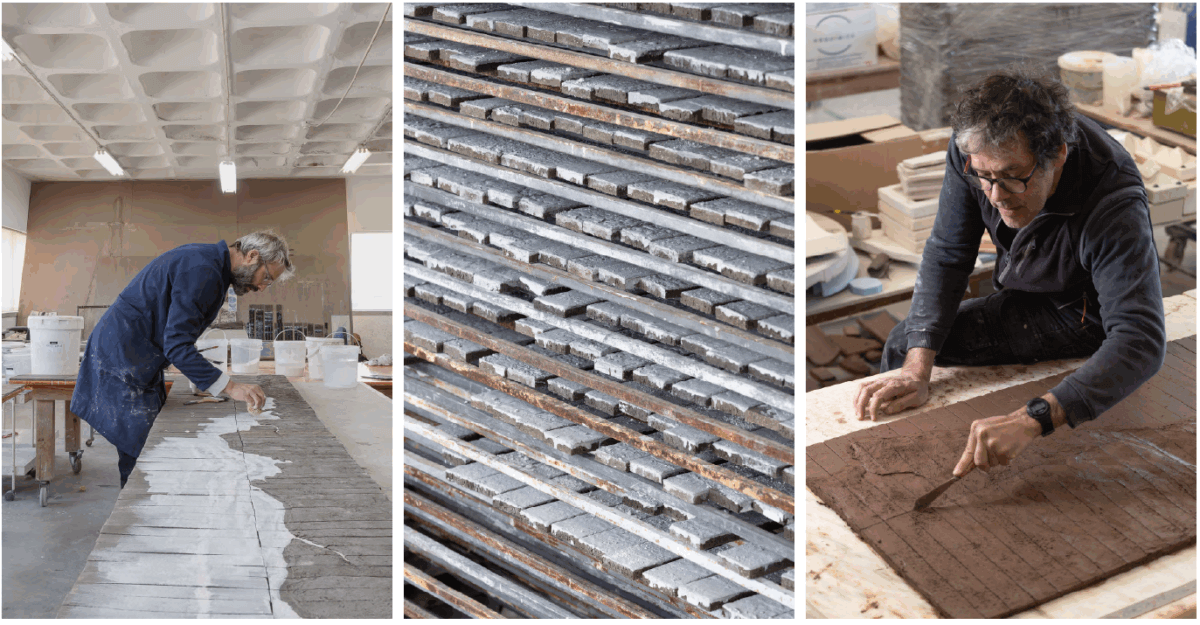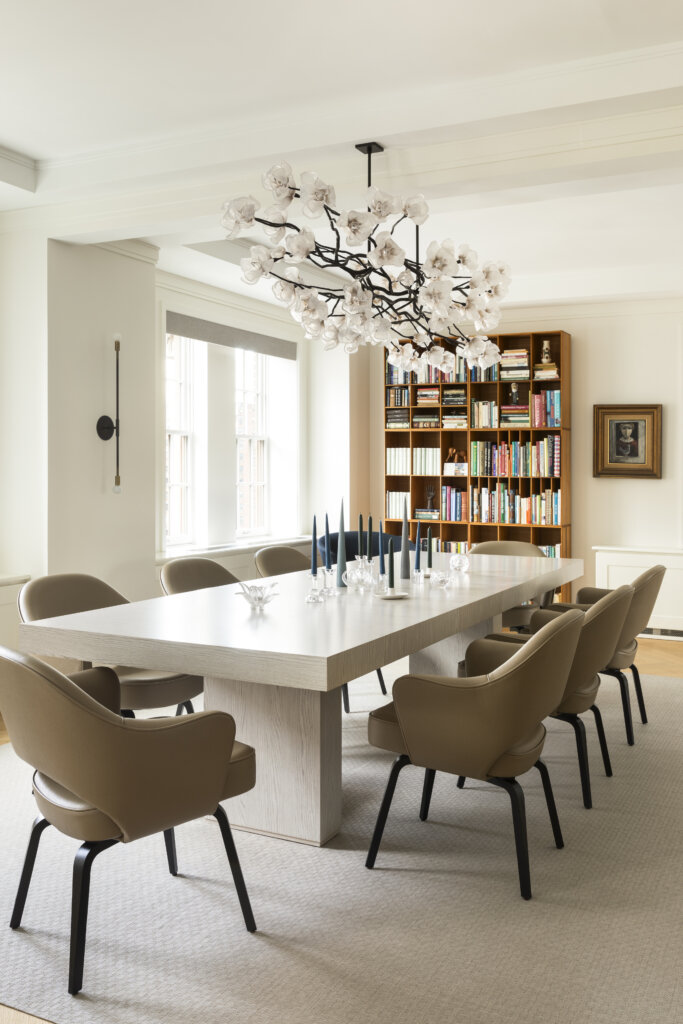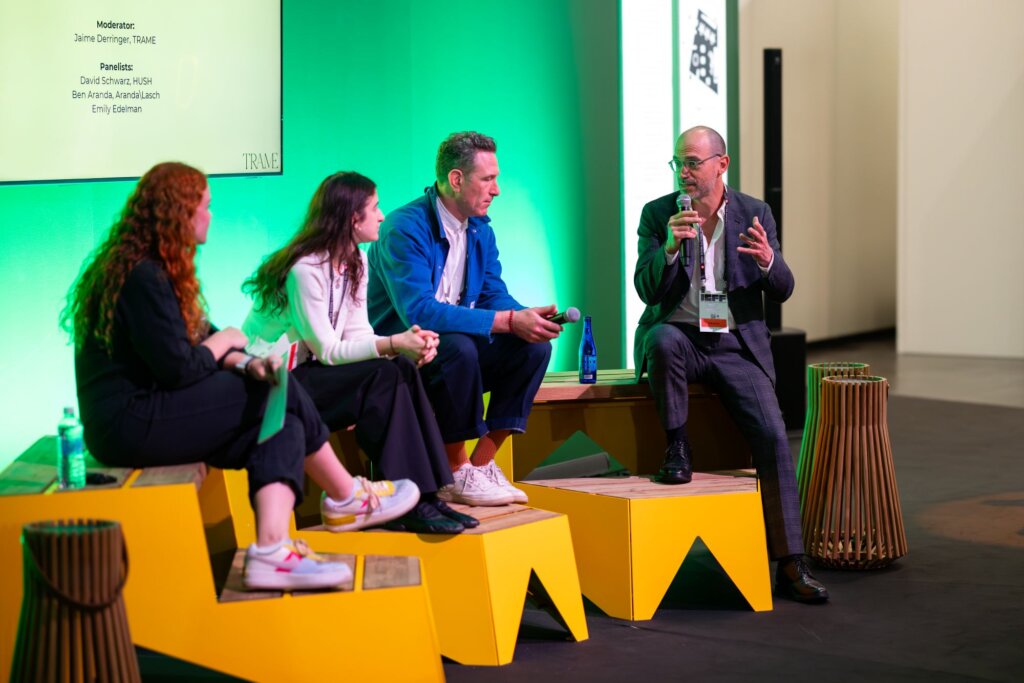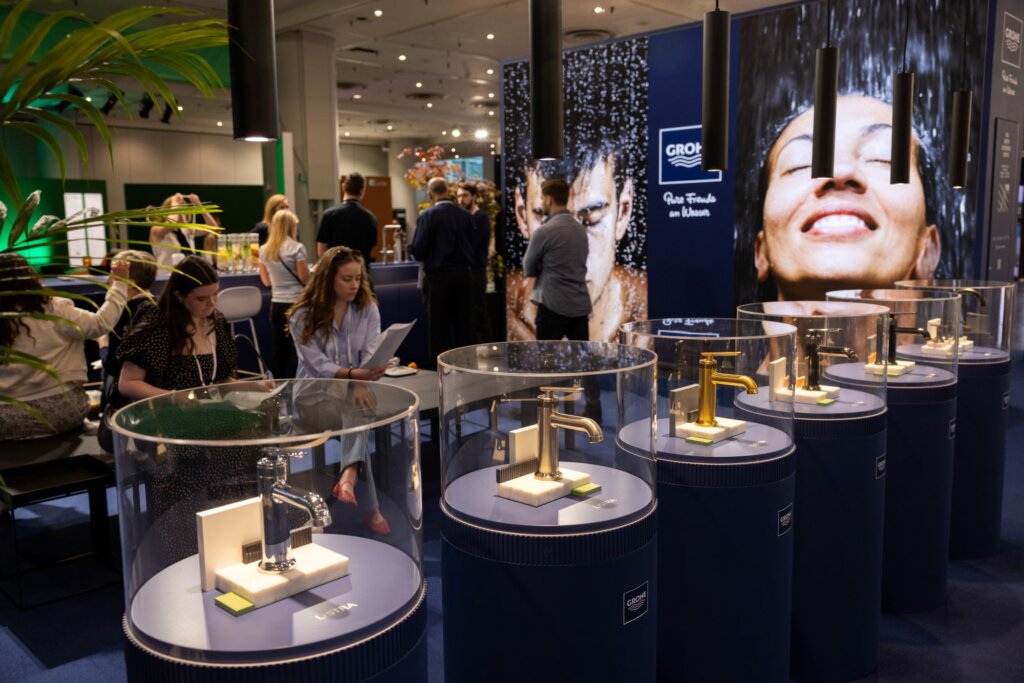In a world moving at breakneck speed, where efficiency often eclipses empathy, the ICFF Talk Rethinking the Art of Living Through Thoughtful Design served as a refreshing pause to consider what it truly means to design with purpose. Featuring a compelling dialogue between Esther Chang (Creative Director at Sunbrella), Noé Duchaufour-Lawrance (multidisciplinary designer and founder of Made In Situ), and Daniel Germani (Creative Director at Danver Stainless Outdoor Kitchens), the panel explored how designers can root their process in human connection, environmental respect, and emotional resonance.
Designing with Intention and Identity
Esther Chang emphasized a movement away from superficial aesthetics toward products with emotional and environmental depth. She described how thoughtful design is about “how it’s made, the impact it has on the planet, and how it lets you live.” When spaces and objects reflect personal stories, they transcend trends and become vessels of identity and meaning.
This sentiment was echoed by Noé Duchaufour-Lawrance, who described how relocating to Portugal inspired a fundamental shift in his creative process. Instead of beginning with form, he now starts with “a triangulation of place, craft, and material”—allowing the environment to guide the design. This rootedness results in products that feel alive, embedded with the cultural and ecological DNA of their origin.
The Power of Human Connection
All three speakers shared a deep belief in the transformative power of relationships in design—between people, between people and products, and between designers and their collaborators. Daniel Germani spoke candidly about how “honest human relationships, shared values, and emotional investment” are the foundation for lasting, meaningful design.
Collaborations—like those between Germani and Danver, or Chang and various design houses—are successful when they’re built on trust, mutual respect, and aligned values. In that spirit, Germani shared the story of partnering with student designers from IED Milano, underscoring the importance of mentorship and access in reshaping the design world.
Designing for Longevity, Not Landfill
A major theme of the talk was sustainability—not as a buzzword, but as a core design value. Chang discussed Sunbrella’s efforts in circular production, including the repurposing of textile scraps into new fabrics, and their Recycle My Sunbrella program. Duchaufour-Lawrance similarly spotlighted his work with manufacturers who use reclaimed clay and recycled glass, embracing imperfections as part of a product’s character and story.
Germani noted that real luxury today lies in products that last—objects designed not for disposability, but for legacy. As Duchaufour-Lawrance put it, “We are producing more products than there are people. Who are they all for?” This rhetorical question struck at the heart of the modern overproduction crisis, reinforcing the need for restraint and responsibility in product development.
Imperfection as Beauty
The panel also challenged the modern obsession with perfection. Duchaufour-Lawrance and Chang both praised the value of “imperfection” and “patina”—the signs of time, use, and history that give an object its soul. A slightly irregular weave in a recycled textile or a glaze variation in a ceramic table isn’t a defect—it’s a testament to the authenticity and uniqueness of that object.
Technology and Craft: Not Opposites, but Partners
Rather than viewing technology and craftsmanship as mutually exclusive, the panel highlighted their potential for synergy. Chang described how Sunbrella’s manufacturing facility was designed with inspiration from hospital operating rooms to eliminate fiber contamination—an innovative, clean-air approach that improved both quality and sustainability. Meanwhile, Duchaufour-Lawrance described instances where robotics were used in tandem with handcraft to enhance precision without compromising artistry.
Looking Ahead: A Hopeful Future
Despite systemic challenges, all three speakers expressed cautious optimism. Germani stressed the importance of persistence, saying that “big change doesn’t happen all at once. It’s a chain of small, meaningful steps.” By choosing collaborations wisely, pushing back against fleeting trends, and advocating for better practices within companies, designers can help shift the system from within.
Duchaufour-Lawrance concluded with a powerful reflection: “Design shouldn’t be about feeding the market—it should be about feeding ourselves.” In other words, great design is a reflection of inner clarity, purpose, and love—for people, place, and planet.
The ICFF Talk made a compelling case for slowing down, looking inward, and designing outward from a place of integrity. As Germani, Chang, and Duchaufour-Lawrance demonstrated, rethinking the art of living starts with rethinking how, why, and for whom we create. It is not only a design philosophy—it’s a blueprint for a more connected, intentional future.
More from ICFF:
ICFF 2025 Highlights: Creativity, Innovation and Connection in NYC
Brand Spotlight: Gantri
Save the date for ICFF 2026, May 17-19, 2026!
